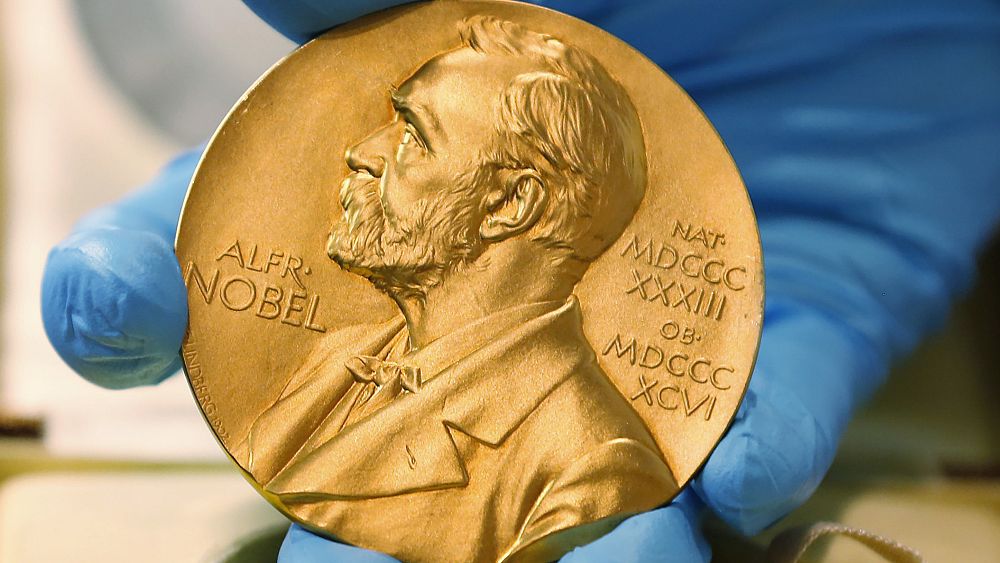Nobel Week commences with the Nobel Prize in Physiology or Medicine, which was awarded to Katalin Kariko and Drew Weissman on Monday for their remarkable contributions in combatting COVID-19.
Specifically, the Swedish Academy honored the Hungarian biochemist and the American immunologist for their groundbreaking discoveries related to nucleoside base modifications, which paved the way for the development of highly effective mRNA vaccines against the virus.
Their achievements have overshadowed last year's recipient, Svante Pääbo, who was honored for his groundbreaking work on the genome of extinct hominids and human evolution in 2022.
The announcement of the Physiology or Medicine laureates marks the start of Nobel Week. On Tuesday, the Nobel Prize in Physics will be announced, followed by the Nobel Prize in Chemistry the following day, both bestowed by the Royal Swedish Academy of Sciences.
Thursday will bring the unveiling of the Literature laureate by the Swedish Academy, and the week will conclude with the eagerly anticipated Peace Prize, the only one of the Nobel Prizes awarded and presented in Oslo, as per the decision of the awards' creator, Swedish magnate Alfred Nobel (1833-1896), when Norway was part of the Kingdom of Sweden.
The Nobel Prize in Economics, established in 1968 by the Bank of Sweden, will conclude the series of announcements on the 9th.
All Nobel Prizes adhere to a similar selection process: scientists, academics, or university professors nominate candidates, and various Nobel committees employ diverse criteria to select the recipients, with up to three winners per category.
Each Nobel Prize carries the same monetary reward, which amounts to 11 million Swedish crowns (945,000 euros) this year.
The Nobel Prizes are presented during a dual ceremony on December 10, the anniversary of Alfred Nobel's passing, with the Peace Prize awarded in Oslo and the remaining awards in Stockholm.
Image:Getty Images












